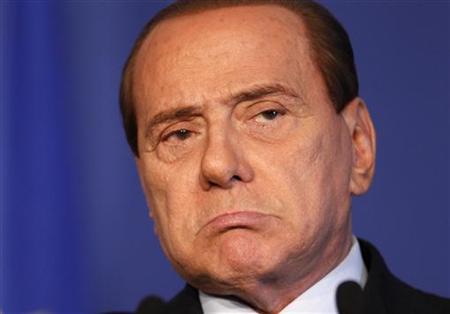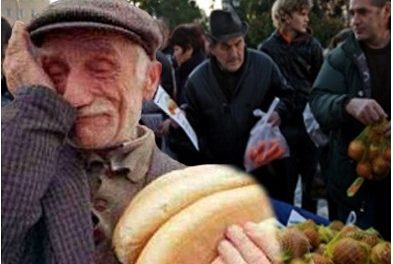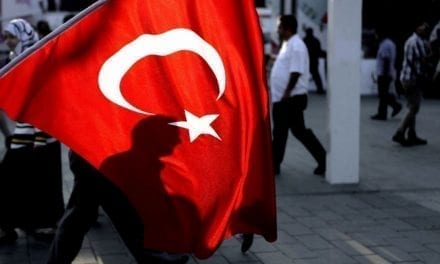Silvio Berlusconi suffered a surprise drubbing in local elections, with his candidates for mayor losing to the opposition in four major cities including Berlusconi’s key northern power base of Milan.
The question is, will the government fall? Probably not immediately, but it all depends on Berlusconi’s main center-right coalition partner, the pro-autonomy hard right Northern League, whose support is vital for the survival of the government but which also fared badly in the elections.
The League’s mercurial leader Umberto Bossi said after defeat in the first round of voting in Milan two weeks ago that the party would not allow itself to be “dragged down to the ground” by Berlusconi’s sagging fortunes.
If the League pulls the plug on Berlusconi it risks sacrificing its main policy goal of devolving tax and spending powers to the regions, but it may decide the sacrifice is worthwhile to salvage its increasingly disgruntled voter base.
All eyes, therefore, will be on Bossi’s reaction to the poll defeat. Even if the League does pull out, this may not lead to snap elections.
With the government’s term due to end in 2013 and Italy vulnerable to fallout from the euro zone debt crisis, President Giorgio Napolitano may seek cross-party backing for a broad coalition government rather than dissolve parliament.
The possibility of Berlusconi ditching him was unthinkable just a few months ago, but now it is starting to be murmured more loudly in political circles, though it faces many obstacles.
Berlusconi is on trial on charges of corruption, tax evasion and having sex with an under-aged prostitute. His obsession with his legal difficulties appears to have tarnished his appeal to voters and made him an electoral liability.
In these circumstances a conventional European party would probably waste little time in changing leader, but Berlusconi’s People of Freedom is virtually a projection of its billionaire founder and leader, with little structure or internal democracy.
Some of its more senior figures will hope, probably in vain, that Berlusconi stands down and appoints a successor, but it seems unlikely that any rival would have the power to oust him.
Possible successors include Economy Minister Giulio Tremonti, who is close to the Northern League, and the much younger Justice Minister Angelino Alfano, a Sicilian.
But what does this mean for the economy? An important risk for markets is that Berlusconi could be tempted to try to spend his way back to popularity and abandon Tremonti’s prudent fiscal policy which has shielded Italy from the turmoil that has engulfed Greece, Ireland and Portugal.
The government is preparing to bring forward plans to cut the budget deficit by 40 billion euros ($57 billion) after ratings agency Standard & Poor’s this month cut its outlook for Italy’s A+ rating to “negative” from “stable”.
S&P said Italy’s inability to adopt growth-enhancing reforms undermined its medium-term goal of cutting its massive public debt, currently the second highest in the euro zone at around 120 percent of gross domestic product.
Italy has been the euro zone’s most sluggish economy for more than a decade, growing at an average rate of just 0.2 percent between 2000 and 2010.
Berlusconi’s government last month cut its growth forecast for the year to 1.1 percent from 1.3 percent and cut next year’s outlook to 1.3 percent from 2.0 percent.
Even before his majority was slashed by coalition defections, Berlusconi showed little interest in pushing through overdue reforms to liberalize the labor market and take on vested interests to boost competition.
With his popularity in free fall, restive coalition allies and a wafer-thin and fractious majority in parliament, his appetite for such reforms will probably dwindle even more.



















